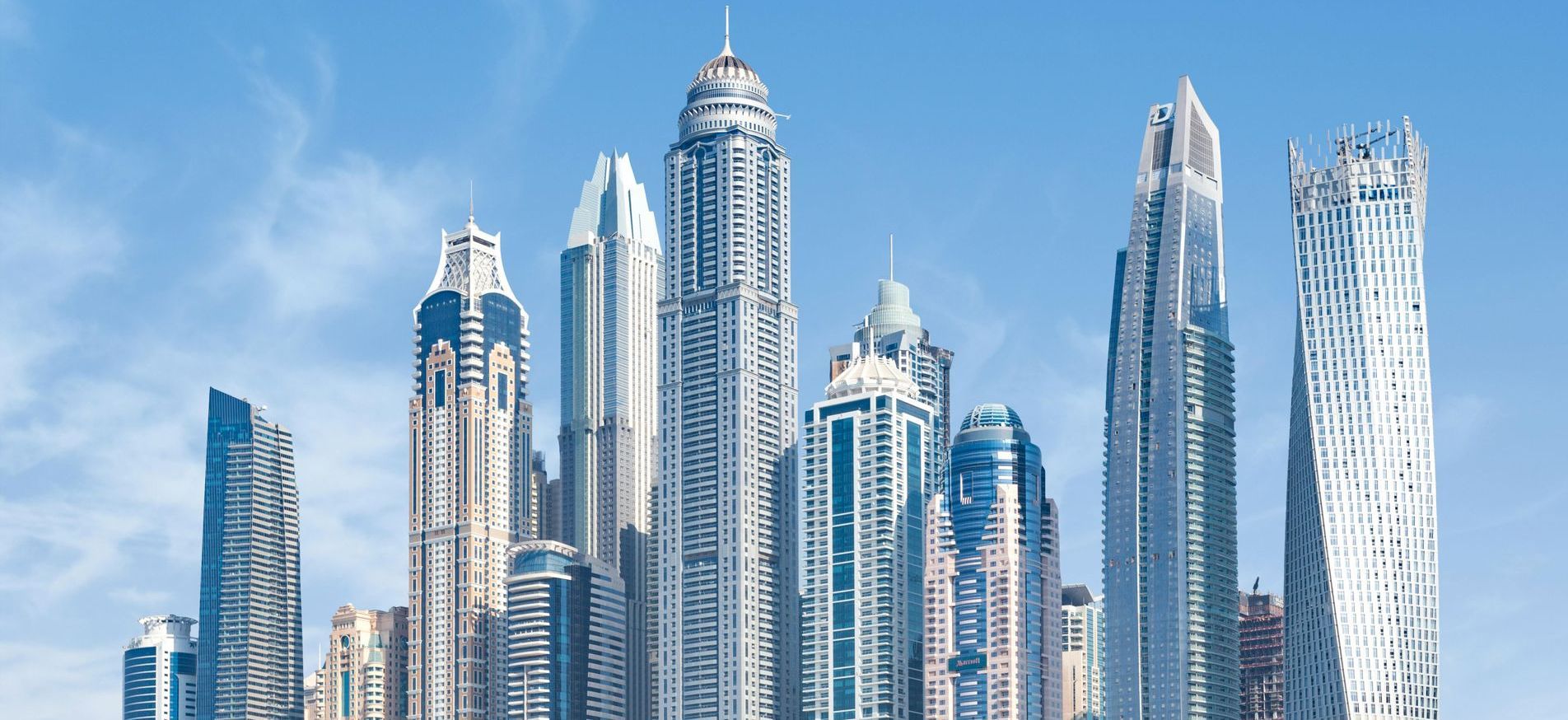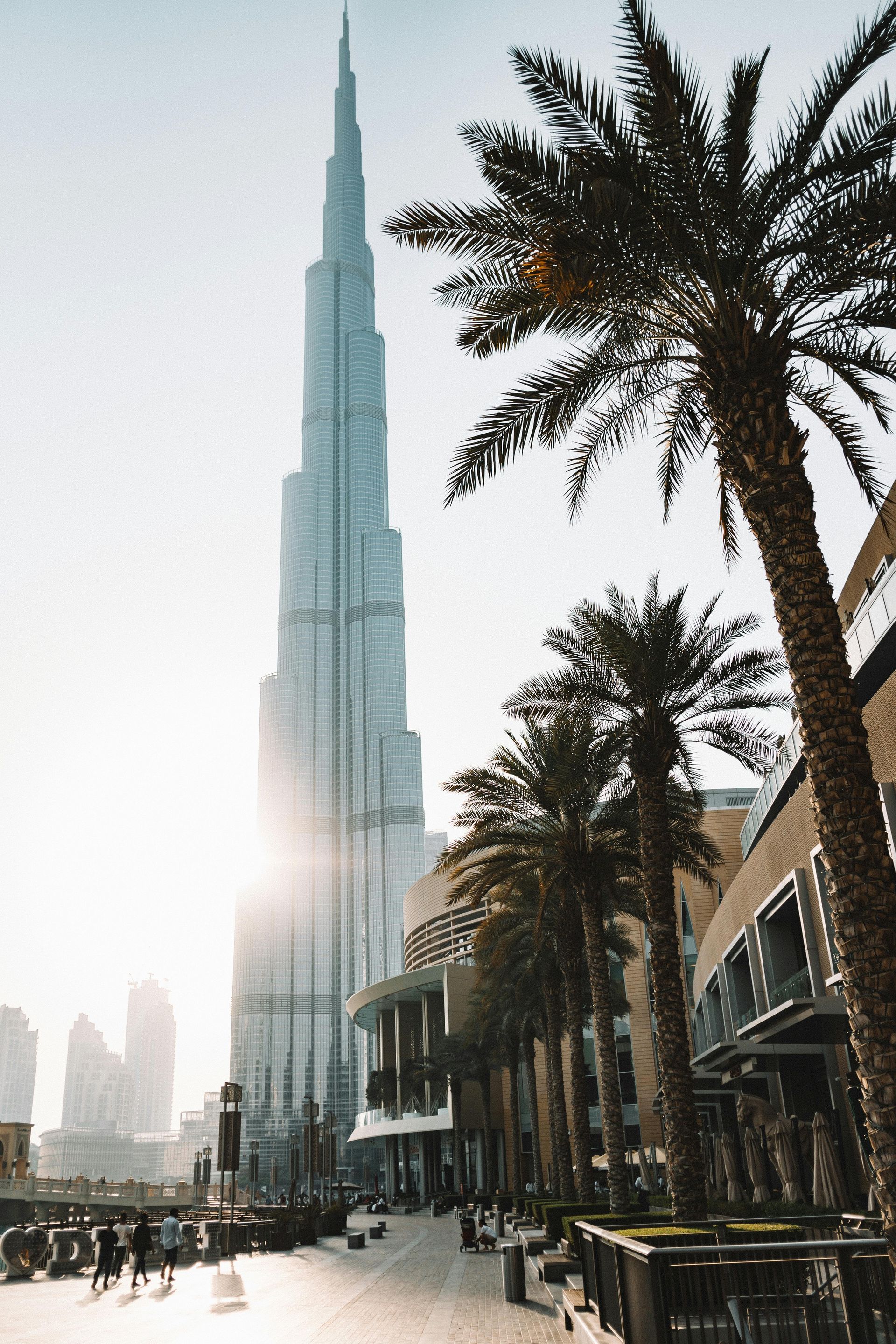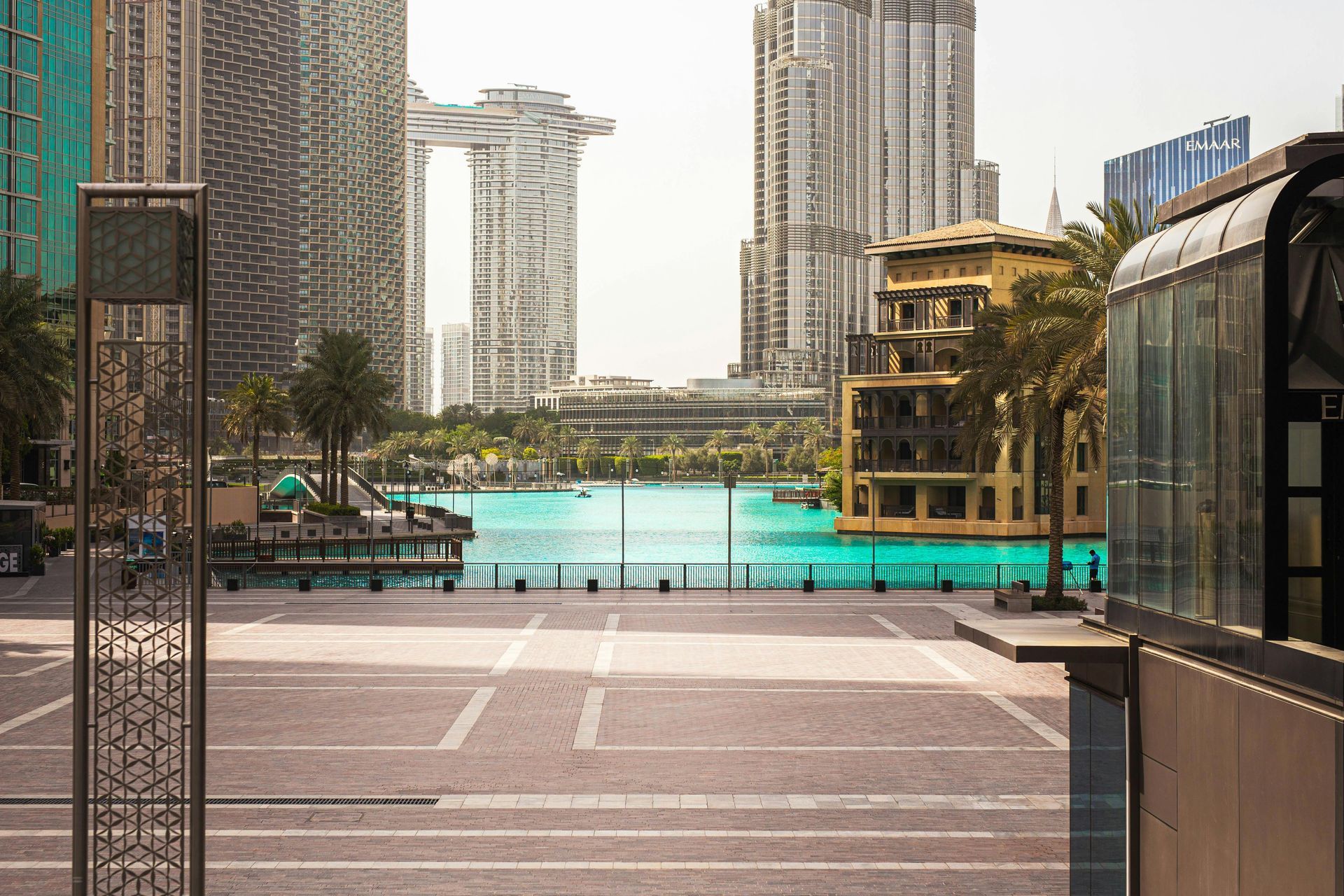Essential Family Law Considerations for Expats in the UAE
Amie Roberts • May 6, 2025
What Every Expat Needs to Know

Moving to the UAE as an expat offers exciting opportunities, but it also comes with important legal considerations, especially when it comes to family law. Understanding how local laws apply to personal matters such as marriage, divorce, child custody, and inheritance is crucial for protecting yourself and your loved ones. Here are some key legal aspects every expat should consider when relocating to or living in the UAE.
1. The Importance of a UAE Will
One of the most critical steps for expats in the UAE is drafting a will. Unlike many home countries where assets may automatically pass to a spouse or children, the UAE applies local laws in the absence of a registered will. This means that inheritance may be distributed differently from what you intend.
By registering a will with the DIFC Wills Service Centre or the Abu Dhabi Judicial Department, expats can ensure their assets are distributed according to their wishes, providing peace of mind for themselves and their families.
2. Marriage & Divorce for Expats
The UAE recognises marriages conducted both locally and abroad, but expats should understand how their home country’s laws interact with UAE regulations. With recent family law reforms, non-Muslim expats now have the option to follow civil law for marriage, divorce, and custody matters.
However, if no clear choice of law is made, then a person may not get the choices they want in terms of assets and guardianship for their children which can affect financial settlements, custody arrangements, and even the validity of prenuptial agreements. Seeking legal advice before marriage or divorce proceedings is essential to ensure your rights are protected.
3. Financial & Property Rights
Expats who purchase property in the UAE should understand how ownership laws work in designated expat-friendly areas. Joint property ownership, business assets, and even bank accounts can be subject to local inheritance laws if proper legal planning is not in place.
Additionally, couples should be aware of financial rights in divorce cases, as UAE courts may handle asset division differently than their home country. Having legal agreements, such as a prenuptial or postnuptial agreement, can help clarify financial matters and prevent future disputes.
4. Legal Protection for Expats
Recent legislative reforms have introduced civil family laws for both Muslims and non-Muslims expats, simplifying legal procedures for marriage, divorce, wills, and inheritance. These changes provide greater autonomy for expats who wish to follow legal frameworks more aligned with their home country’s laws. However, it remains essential to seek expert legal guidance to navigate the process effectively.
Final Thoughts
Relocating to the UAE is an exciting step, but ensuring legal protection for yourself and your family is just as important as settling into a new home. From registering a will to understanding marriage, divorce, and custody laws, taking proactive steps can prevent legal complications down the line.
For expats planning a move to the UAE, consulting a specialist family and expat lawyer can provide clarity and peace of mind, ensuring a smooth transition to life in the Emirates.
Author: Samara Iqbal TEP
Director and Founder of Aramas Law/Aramas International Lawyers Ltd
International Family Lawyer/Sharia Law Scholar & Expert

Navigating the UAE Employment Visa Process in 2026 Relocating to the United Arab Emirates for employment offers significant professional and financial opportunities. However, the UAE employment visa process is structured, compliance-driven and time sensitive. Understanding each stage in advance avoids unnecessary delays and protects both employer and employee from regulatory issues. Below is a comprehensive, easy-to-follow guide to the UAE employment visa process as it stands in 2026. Step 1: Securing a Confirmed Job Offer The UAE employment visa process begins with a formal job offer from a UAE-licensed entity. Only an employer registered with the relevant mainland authority or free zone authority can sponsor an employee. The employer becomes the visa sponsor and assumes legal responsibility for: Applying for the work permit Processing the residence visa Ensuring compliance with UAE labour law Covering government application fees (in most cases) Employees cannot independently apply for a standard employment visa without sponsorship. Step 2: Work Permit Application (Entry Permit Approval) Once the employment contract is signed, the employer applies for a work permit (also known as a labour approval) through the Ministry of Human Resources and Emiratisation (MOHRE) or the relevant free zone authority. Documents typically required include: Passport copy (valid for at least six months) Passport-size photographs Signed employment contract Attested educational certificates (if required for the role) If the employee is outside the UAE, an entry permit is issued, allowing them to enter the country legally for employment purposes. If the employee is already inside the UAE on a visit visa, status adjustment procedures apply. Step 3: Entry to the UAE (If Applying From Abroad) For applicants outside the UAE, the entry permit allows legal entry into the country. Once inside the UAE, the individual must complete the residency formalities within the validity period of the entry permit (usually 60 days). Timing is critical at this stage. Failure to complete the process within the permitted window may result in fines. Step 4: Medical Fitness Test All employment visa applicants must undergo a mandatory medical examination at an approved UAE medical centre. The test typically screens for: HIV Tuberculosis Hepatitis (in certain categories) The medical fitness certificate is a mandatory component of the residence visa application. Processing time: usually 24–72 hours depending on service speed selected. Step 5: Emirates ID Biometrics The applicant must apply for an Emirates ID, which serves as the UAE’s official identification card. This process includes: Biometric data capture (fingerprints and photograph) Identity verification The Emirates ID is linked directly to the residence visa and is essential for: Opening bank accounts Renting property Obtaining a driving licence Accessing utilities and telecom services Step 6: Residence Visa Stamping Following medical clearance and Emirates ID application, the residence visa is issued and stamped electronically against the passport record. Employment residence visas are typically valid for: 2 years (mainland companies) 2–3 years (depending on free zone authority) Once issued, the employee is legally resident in the UAE and may sponsor eligible dependants (subject to salary thresholds). Key Considerations in 2026 1. Free Zone vs Mainland Sponsorship Visa procedures differ slightly between mainland entities and free zone authorities. Free zones operate under independent regulatory frameworks, although federal immigration approval remains central. The choice between mainland and free zone employment has broader implications, including: Corporate structuring Tax residency status Social security considerations Family sponsorship options These should be assessed before finalising relocation plans. 2. Employment Visa vs Other UAE Visa Categories The UAE also offers: Green Visas (for skilled professionals and freelancers) Golden Visas (long-term residence for investors and high earners) Investor/Partner Visas For entrepreneurs and senior executives, an employment visa is not always the optimal route. Strategic structuring may offer longer validity and greater flexibility. 3. Tax Residency Implications The UAE does not levy personal income tax. However, relocating professionals must consider: Exit tax implications in their home country UK Statutory Residence Test (for British nationals) Split-year treatment Ongoing ties and centre-of-vital-interests rules Corporate tax exposure for business owners Inadequate pre-departure planning can result in unintended dual tax exposure. 4. Corporate Tax and Employment Structuring With the introduction of UAE Corporate Tax, business owners relocating to the UAE must assess: Whether they will remain directors of overseas entities Permanent establishment risks Substance requirements Intercompany arrangements Employment structuring must align with the broader corporate and tax strategy. Why a Structured Relocation Approach Matters Many professionals treat the employment visa as a simple administrative formality. In practice, it forms part of a much larger relocation framework that includes: Tax residency planning Wealth structuring Asset protection Banking arrangements Property acquisition Family visa coordination A piecemeal approach often creates long-term complications. How Mosaic Chambers Group Supports Your Move to the UAE At Mosaic Chambers Group, we provide integrated advisory services for internationally mobile individuals and entrepreneurs. We coordinate: Pre-departure UK tax planning UAE tax structuring advice Cross-border compliance Local regulatory compliance We work alongside trusted UAE-based partners to manage: Visa processing Company formation Corporate structuring analysis Family sponsorship applications Wealth protection strategies Relocating to the UAE should be strategic, compliant and financially efficient - not reactive. Speak to Our Advisory Team If you are considering accepting a UAE job offer or relocating your business operations to the Emirates, we recommend obtaining professional tax and structuring advice before finalising your move. Early planning protects your position, reduces risk and ensures your move to the UAE is commercially sound and fully compliant. Get in touch with our team today to begin your relocation strategy with clarity and confidence.

Thinking about moving to Dubai with your family?
We can help you assess eligibility, model the impact, and prepare a clear roadmap before you move.
Contact us to begin a confidential discussion.
Tailored advice for UK families, entrepreneurs, business owners and private wealth structures.
Cross‑border, multi‑jurisdict
